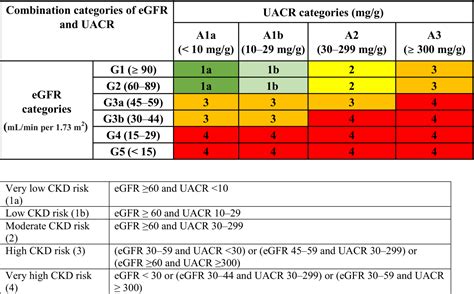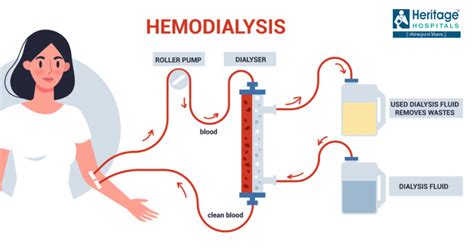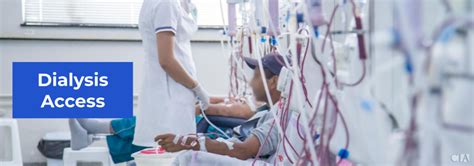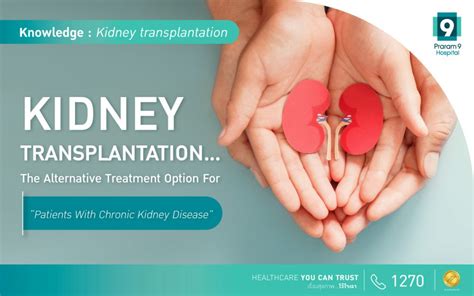Intro
Learn about kidney failure and dialysis treatment, including symptoms, causes, and options like hemodialysis and peritoneal dialysis, to manage end-stage renal disease and improve quality of life.
Kidney failure is a serious medical condition that occurs when the kidneys are no longer able to perform their normal functions, such as filtering waste and excess fluids from the blood. This can lead to a buildup of toxins in the body, which can cause a range of symptoms and health problems. In severe cases, kidney failure can be life-threatening, and dialysis treatment may be necessary to help manage the condition. In this article, we will explore the causes and symptoms of kidney failure, as well as the different types of dialysis treatment available.
Kidney failure can be caused by a range of factors, including diabetes, high blood pressure, and kidney disease. It can also be caused by injuries or infections that damage the kidneys. In some cases, kidney failure can be sudden and unexpected, while in other cases it may develop gradually over time. The symptoms of kidney failure can vary depending on the underlying cause and the severity of the condition, but common symptoms include fatigue, swelling, and difficulty urinating. If left untreated, kidney failure can lead to serious health complications, including heart disease, stroke, and even death.
The importance of early detection and treatment of kidney failure cannot be overstated. By catching the condition early, it may be possible to slow or even reverse the progression of kidney disease, and reduce the risk of complications. In addition, early treatment can help to improve the quality of life for individuals with kidney failure, and reduce the need for dialysis treatment. However, in many cases, dialysis treatment is necessary to help manage the condition, and it can be a lifesaving intervention for individuals with end-stage kidney disease.
Kidney Failure Causes And Symptoms

The symptoms of kidney failure can vary depending on the underlying cause and the severity of the condition. Common symptoms include fatigue, swelling, and difficulty urinating. In some cases, individuals with kidney failure may experience nausea and vomiting, or they may have a metallic taste in their mouth. In severe cases, kidney failure can cause seizures, coma, or even death. It is essential to seek medical attention immediately if you are experiencing any of these symptoms, as early treatment can help to improve outcomes and reduce the risk of complications.
Types Of Dialysis Treatment

Hemodialysis is typically performed three times a week, for several hours at a time. During the treatment, the blood is pumped out of the body and into the dialysis machine, where it is filtered and cleaned before being returned to the body. Peritoneal dialysis, on the other hand, can be performed continuously, using a machine to exchange the dialysis fluid in the abdomen. Both types of dialysis treatment can be effective in managing kidney failure, but they may have different benefits and drawbacks. For example, hemodialysis may be more effective at removing waste and excess fluids from the blood, but it may require more frequent treatments. Peritoneal dialysis, on the other hand, may be more convenient and flexible, but it may require more careful monitoring and maintenance.
Benefits And Drawbacks Of Dialysis Treatment
The benefits of dialysis treatment include improved removal of waste and excess fluids from the blood, reduced symptoms and health complications, and improved quality of life. Dialysis treatment can also help to reduce the risk of death and disability, and it can improve the overall health and well-being of individuals with kidney failure. However, dialysis treatment may also have some drawbacks, including the need for frequent treatments, the risk of complications and side effects, and the emotional and psychological impact of living with a chronic illness.In addition, dialysis treatment may require significant lifestyle changes, including dietary restrictions and fluid limitations. Individuals with kidney failure may need to follow a strict diet that is low in protein, salt, and potassium, and they may need to limit their fluid intake to prevent excess fluid buildup. They may also need to take medications to manage their blood pressure, cholesterol, and other health conditions. Despite these challenges, dialysis treatment can be a lifesaving intervention for individuals with end-stage kidney disease, and it can help to improve their quality of life and reduce their risk of complications.
Dialysis Access And Vascular Care

In addition, individuals with kidney failure may require vascular care to manage their blood pressure, cholesterol, and other health conditions. This may include taking medications to manage their blood pressure and cholesterol, as well as making lifestyle changes to reduce their risk of cardiovascular disease. Vascular care may also involve monitoring for signs of cardiovascular disease, such as heart disease or stroke, and taking steps to prevent these conditions.
Complications And Side Effects Of Dialysis Treatment
Dialysis treatment can have several complications and side effects, including infection, thrombosis, and cardiovascular disease. Infection is a common complication of dialysis treatment, and it can occur at the access point or in the dialysis machine. Thrombosis, or blood clots, can also occur in the access point or in the dialysis machine, and it can be a serious complication. Cardiovascular disease is a major risk factor for individuals with kidney failure, and it can be exacerbated by dialysis treatment.In addition, dialysis treatment can have several side effects, including fatigue, nausea, and vomiting. These side effects can be managed with medications and lifestyle changes, but they can be debilitating and affect the quality of life. It is essential to work closely with a healthcare team to manage these complications and side effects, and to reduce the risk of cardiovascular disease and other health problems.
Kidney Transplantation And Living Donation

Living donation is a generous and selfless act that can help to save a life. Living donors undergo a thorough evaluation and screening process to ensure that they are healthy enough to donate a kidney, and they typically receive follow-up care and monitoring after the donation. The benefits of living donation include improved outcomes and reduced waiting times for individuals with kidney failure, as well as the opportunity to save a life and make a positive impact on someone's health and well-being.
Benefits And Risks Of Kidney Transplantation
The benefits of kidney transplantation include improved quality of life, reduced risk of complications, and improved health outcomes. Kidney transplantation can also help to reduce the need for dialysis treatment, and it can improve the overall health and well-being of individuals with kidney failure. However, kidney transplantation also carries some risks, including the risk of rejection, infection, and other complications.In addition, kidney transplantation requires a lifelong commitment to taking immunosuppressive medications to prevent rejection, and it requires regular follow-up care and monitoring to ensure that the transplanted kidney is functioning properly. Despite these risks, kidney transplantation can be a lifesaving intervention for individuals with end-stage kidney disease, and it can improve their quality of life and reduce their risk of complications.
Future Directions In Kidney Failure And Dialysis Treatment

In addition, there is a growing interest in the use of regenerative medicine and stem cell therapy to repair or replace damaged kidneys. This could potentially lead to new treatments and therapies for kidney failure, and it could improve the health outcomes and quality of life for individuals with kidney disease. Despite these advances, there is still much to be learned about kidney failure and dialysis treatment, and ongoing research is needed to improve our understanding of the condition and to develop new and effective treatments.
Conclusion And Final Thoughts
In conclusion, kidney failure is a serious medical condition that requires prompt and effective treatment. Dialysis treatment can be a lifesaving intervention for individuals with end-stage kidney disease, and it can improve their quality of life and reduce their risk of complications. However, dialysis treatment also carries some risks and drawbacks, and it requires careful monitoring and maintenance to prevent complications.We hope that this article has provided a comprehensive overview of kidney failure and dialysis treatment, and that it has helped to raise awareness about the importance of early detection and treatment. If you have any questions or comments, please do not hesitate to reach out to us. We would be happy to hear from you and to provide any additional information or support that you may need.
What are the causes of kidney failure?
+Kidney failure can be caused by a range of factors, including diabetes, high blood pressure, and kidney disease. It can also be caused by injuries or infections that damage the kidneys.
What are the symptoms of kidney failure?
+The symptoms of kidney failure can vary depending on the underlying cause and the severity of the condition, but common symptoms include fatigue, swelling, and difficulty urinating.
What are the different types of dialysis treatment?
+There are two main types of dialysis treatment: hemodialysis and peritoneal dialysis. Hemodialysis involves using a machine to filter the blood outside of the body, while peritoneal dialysis uses the lining of the abdomen to filter the blood inside the body.
What are the benefits and drawbacks of dialysis treatment?
+The benefits of dialysis treatment include improved removal of waste and excess fluids from the blood, reduced symptoms and health complications, and improved quality of life. However, dialysis treatment may also have some drawbacks, including the need for frequent treatments, the risk of complications and side effects, and the emotional and psychological impact of living with a chronic illness.
What is kidney transplantation and living donation?
+Kidney transplantation is a surgical procedure that involves replacing a damaged or diseased kidney with a healthy one from a donor. Living donation is a type of kidney transplantation that involves receiving a kidney from a living donor, such as a family member or friend.
